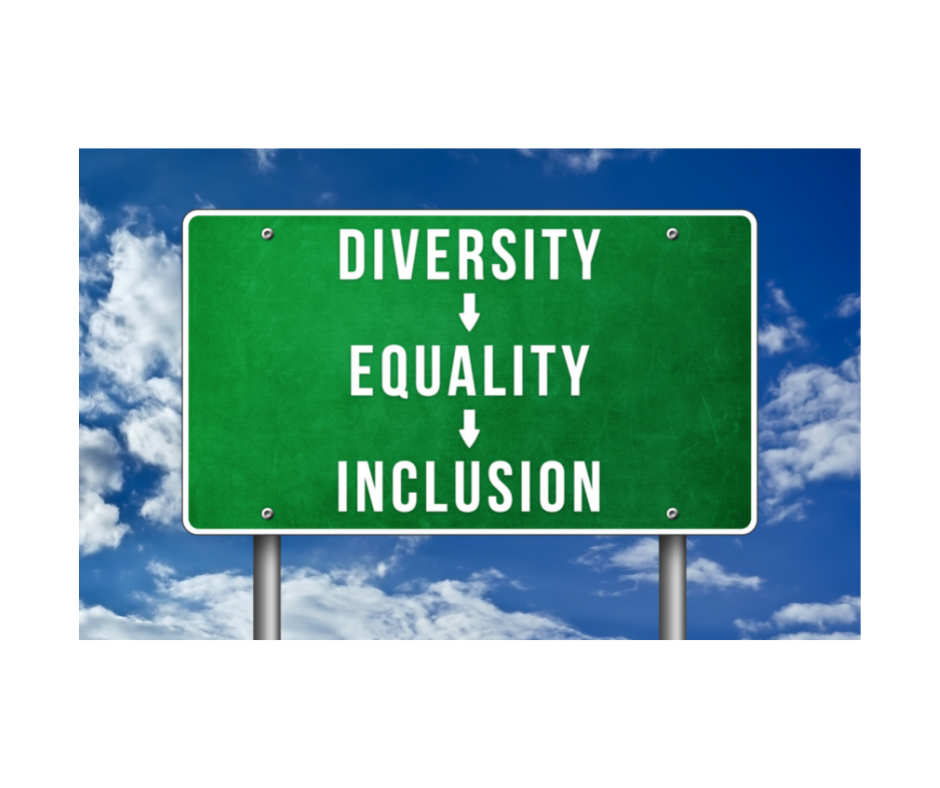Fast Food for Thought
We live in a binge culture. There’s literally a TV and movie streaming platform called ‘Binge’. Today many of us consume so much of a product or service to such an extreme in such a small period of time. We do it with video games, TV and movies, food, drugs, alcohol, shopping, dating ETC. Bingeing something like food and alcohol is not necessarily a new phenomenon but it’s those excessive behaviours in conjunction with more of what and how we are consuming today, that makes it all that much more intense. Recent technological advances like laptops, phones and applications which compliment these make it so much easier to access information and resources. Previously, before computers were more readily available, if you wanted to complete an assignment you would have to travel to a library, reserve books and extract the information that way; making it more time consuming for some. Whilst many of the advances in technology have improved our access to information as well as enhanced our efficiency, we are then sometimes inundated with more work because we can be more efficient with our improved gadgets. Similarly, we experience this influx of people via social media and an ongoing supply of TV and movies. I remember when I was in school having to watch TV and movies at the scheduled time which they were on TV, or at the cinema. It was always annoying if I wasn’t able to make it home in time and missed parts but I remember enjoying the experience of TV and movies more. Nowadays, it gets to the point for me where watching all the TV and movies available isn’t as enjoyable as it was in the past because it’s just incessant. I think about how we binge with so many things and I notice that this is reflected a bit in our social scene as well. I don’t feel as though the social binge is about trying to see and meet people all the time. It is slightly more complicated because I feel as though today some people won’t see friends or others as much in person but veer towards “keeping in touch” through social media and scrolling through news feeds. It’s almost like getting a dose of socialising without having to do much work or organisation. It’s a similar experience with online dating where you can swipe left or right for ages where people will just consume this material for hours on end. In that way I see it as a binge. In social spaces I feel that there appears to be a bit of a disposable culture developing where people aren’t as good at interacting and connecting. Many will revert back to their phones as a way to communicate and if things don’t work out between people there’s this security blanket of social media and online dating to remind ourselves that there’s plenty of people out there. With all of these technological advances and methods of communication I always wonder if we are more efficient and productive, if we communicate better and overall if we really are better off.
Fast Food for Thought Read More »



